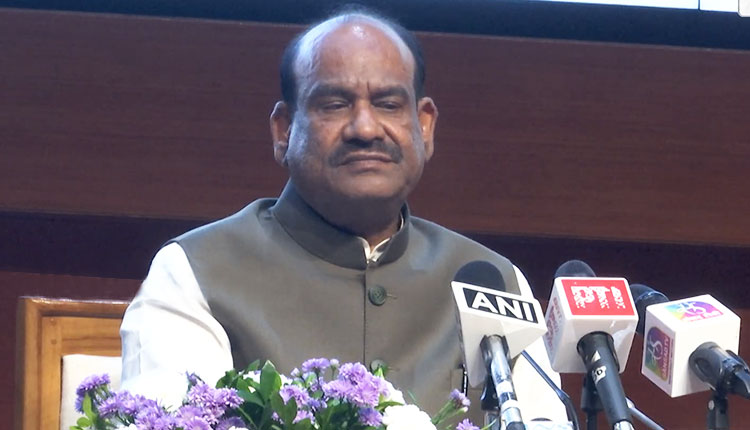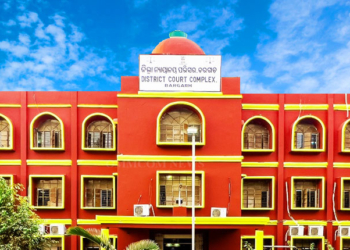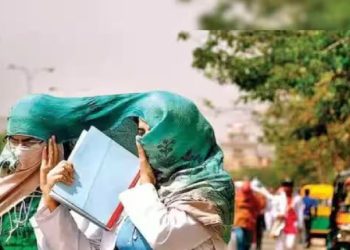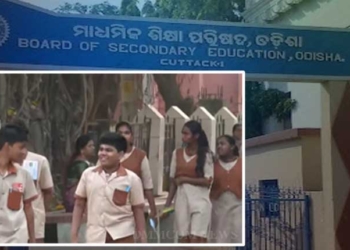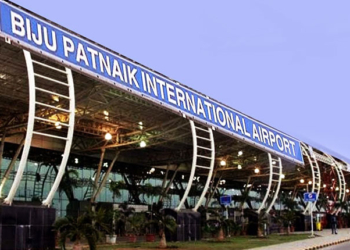Bhubaneswar: Lok Sabha Speaker Om Birla on Saturday urged states that have not yet constituted legislative committees for the welfare of Scheduled Castes (SCs) and Scheduled Tribes (STs) to set them up, stressing that such panels play a vital role in advancing social justice.
Speaking to reporters after the conclusion of a two-day national conference of chairpersons of parliamentary and state legislatures’ committees on SC/ST welfare in Bhubaneswar, Birla said the meet had produced the ‘Bhubaneswar Agenda 2025’, a set of recommendations that will be taken up with the Centre and state governments for implementation.
Highlighting the influence of these committees, Birla noted that 70–80% of their recommendations are typically accepted by the government, which underlines their role in ensuring accountability. He pointed out that decisions such as the regularisation of over 1.5 lakh jobs and the extension of reservation benefits to new sectors had emerged from such panel deliberations.
The Speaker emphasised that the conference — attended by members of 19 state legislatures and one Union Territory, besides the Parliamentary panel — was being held after 25 years and for the first time outside Delhi. The objective, he said, was to encourage states to adopt best practices from one another and energise efforts for the welfare of marginalised communities.
On questions about Opposition complaints in Parliament, Birla maintained that Opposition members are given sufficient opportunity to speak, often beyond their allotted time, but insisted that debates must adhere to the rules of the House. “Disagreement is the strength of democracy, but it must be expressed in a dignified way,” he said, criticising frequent disruptions during the Monsoon session.
Birla also underlined that India has undertaken wide-ranging reforms to strengthen SC/ST rights in line with contemporary aspirations.
Addressing the gathering, Odisha Governor Hari Babu Kambhampati said that the welfare of SCs and STs is not merely a policy matter but a measure of national progress. “Their empowerment is not charity but the essence of democracy,” he said, stressing the principles of equality, dignity, liberty, and fraternity.




